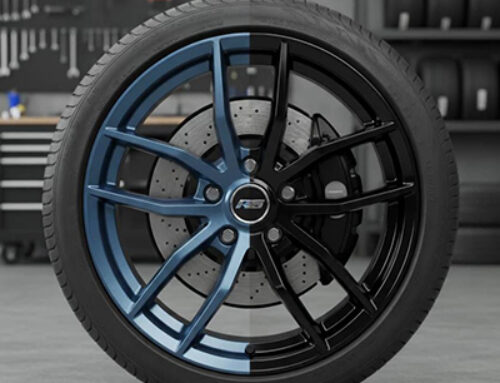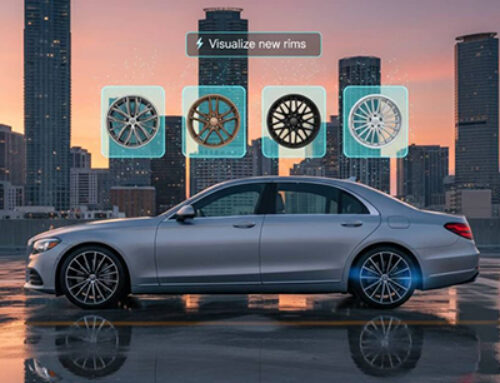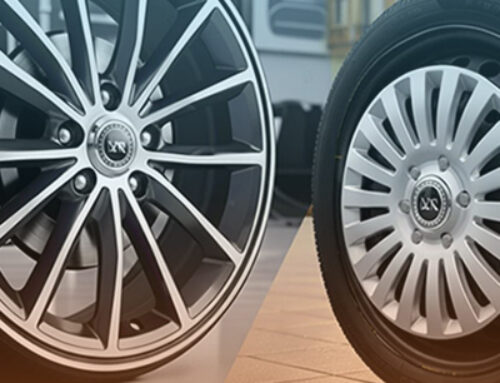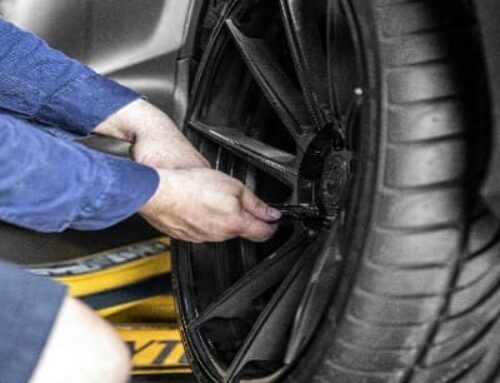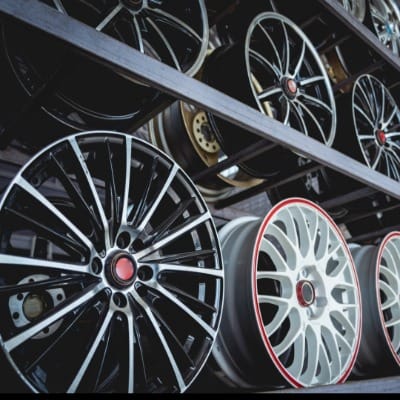
How do I know what type of wheels my car has?
When it comes to car care and customization, one of the most common questions drivers ask is: “How do I know what type of wheels my car has?”
Knowing your wheel type is more than just aesthetics—it’s about safety, performance, compatibility, and even resale value. Whether you’re looking to replace, repair, or customize your wheels, understanding what you already have is the first step. In this guide, we’ll break down the basics so you can easily identify your wheels.
Wheels vs. Tires: What’s the difference?
Before answering “How do I know what type of wheels my car has?”, it’s important to clear up a common confusion: wheels are not the same as tires.
- Wheels (or rims): The rigid metal part that supports the tire, usually made of steel, alloy, forged aluminum, or carbon fiber.
- Tires: The rubber part that makes contact with the road. Tires wear out faster and are replaced more often, while wheels last much longer if properly maintained.
Understanding this difference is key when checking your vehicle’s specifications.
Types of wheels by material
Wheels are classified by the material and manufacturing process used. Here are the most common:
Steel Wheels
- Pros: Affordable, durable, highly resistant to impact.
- Cons: Heavier, less stylish, limited design options.
- Best for: Basic vehicles, winter driving, and heavy-duty use.
Alloy Wheels (Aluminum Alloy)
- Pros: Lighter than steel, better performance, modern designs.
- Cons: More expensive, less resistant to harsh impacts than steel.
- Best for: Daily driving with a balance of style and efficiency.
Forged Wheels
- Pros: Strongest and most durable option, premium quality, performance-focused.
- Cons: Very expensive, usually found on high-performance or luxury vehicles.
- Best for: Sports cars, racing, or drivers seeking maximum durability.
Carbon Fiber Wheels
- Pros: Ultra-lightweight, strong, excellent for speed and efficiency.
- Cons: Extremely costly, not common in everyday vehicles.
- Best for: Supercars and specialized performance vehicles.
How do I know what type of wheels my car has?
If you’re still asking yourself “How do I know what type of wheels my car has?”, here are some simple methods:
- Check the owner’s manual – Manufacturers list the wheel type, size, and specifications.
- Look for markings inside the wheel – Most wheels have engravings that show size, material, and manufacturing details.
- Inspect the design and finish – Steel wheels are usually plain and covered with hubcaps, while alloys and forged wheels come in stylish designs.
- Consult the VIN or dealership – Your vehicle identification number can provide exact wheel details.
- Ask a wheel specialist – Professionals can quickly tell you whether you have steel, alloy, forged, or carbon fiber wheels.
Additional factors to consider
- Size: Diameter, width, and offset are crucial for compatibility with your tires.
- Finish: Wheels may be painted, polished, chrome-plated, or powder coated.
- Compatibility: Always match wheels with the correct tire size and type recommended for your vehicle.
Why it matters to know your wheel type
Understanding your wheels isn’t just for car enthusiasts—it benefits every driver:
- Safety: Wrong wheel types can compromise handling and braking.
- Maintenance: Different materials require different cleaning and care.
- Customization: If you want to repaint or powder coat your wheels, knowing the material is essential.
- Resale value: Premium wheels can increase your vehicle’s overall worth.
FAQ: Common questions about identifying wheeldoctor
✅ How do I tell if my wheels are aluminum or alloy?
➡️ Alloy wheels are usually lighter and shinier than steel. You can also check for engraving inside the rim.
✅ Are stock wheels always steel?
➡️Not always. Many modern cars come with alloy wheels as standard.
✅ Can I switch from steel to alloy wheels?
➡️ Yes, but make sure the size and offset match your vehicle’s requirements. d
✅ How do I read wheel size markings?
➡️ Example: “18x8J ET35” → 18-inch diameter, 8-inch width, ET35 offset.
✅ Do all cars come with the same type of wheels?
➡️ No. Wheel type depends on the manufacturer, model, and trim level.
So, how do I know what type of wheels my car has? Start with the basics: check your manual, look for wheel markings, and identify the material and design. Knowing your wheel type helps you maintain your car properly, ensures safety on the road, and gives you confidence if you want to upgrade or customize your vehicle.
If you’re unsure, don’t guess—consult a wheel professional to get the most accurate answer.
If you’re trying to figure out what type of wheels your car has, it helps to first understand the different categories available. From classic steel wheels to performance-focused alloys, each option offers unique benefits. For a deeper dive, don’t miss our related guides: What are the 4 Types of Wheels? and Types of Wheels for Cars.
Dive deeper into the world of wheels and learn how to choose the perfect set for your vehicle. Our team is here to provide personalized advice and expert recommendations to keep your ride looking and performing its best.
📞 Call Us: (305) 490-2028 | (305) 964-7909
📍 Visit Us: 16800 SW 96 Ct, Miami, FL 33157
📧 Email: info@wheelsdoctor.com
🌐 Website: www.wheelsdoctor.com

